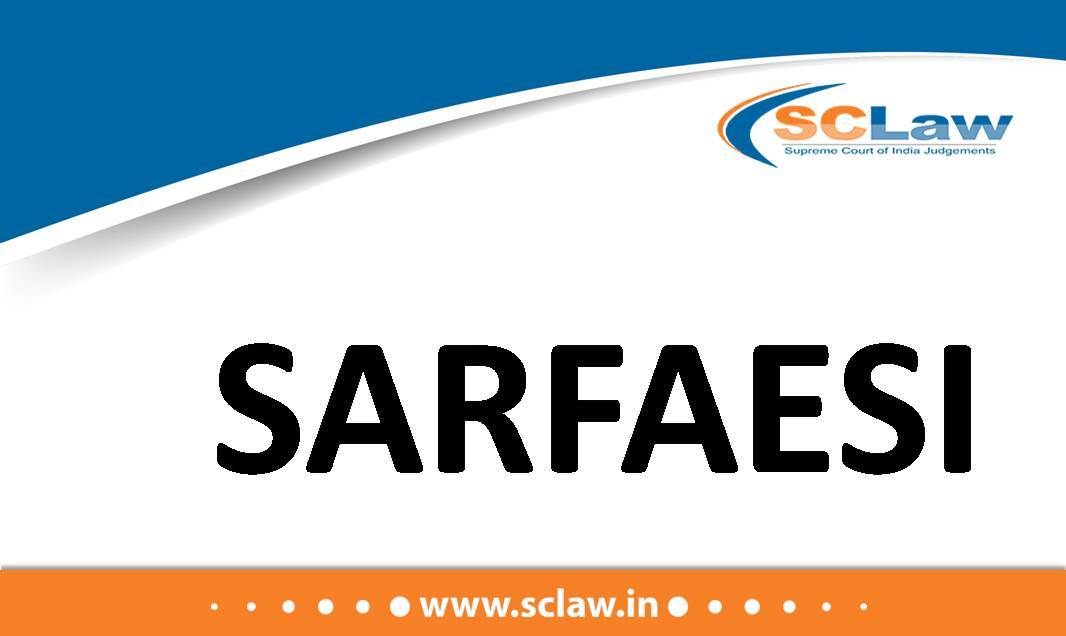COMPARATIVE HARDSHIP – LANDLORD vs TENANT :: Kerala Building (Lease and Rent Control) Act, 1965 – Section 11(8) – Bombay Rents, Hotel and Lodging House Rates Control Act, 1947 – Section 13(2) – Eviction – Section 11(8) of the Kerala Rent Act is materially different from Section 13(2) of the Bombay Rent Act in that it does not provide for partial eviction if comparative hardship of a landlord and a tenant are to be weighed against each other.
SUPREME COURT OF INDIA FULL BENCH ADDISSERY RAGHAVAN — Appellant Vs. CHERUVALATH KRISHNADASAN — Respondent ( Before : R.F. Nariman, Navin Sinha and B.R. Gavai, JJ. ) Civil Appeal Nos.…







